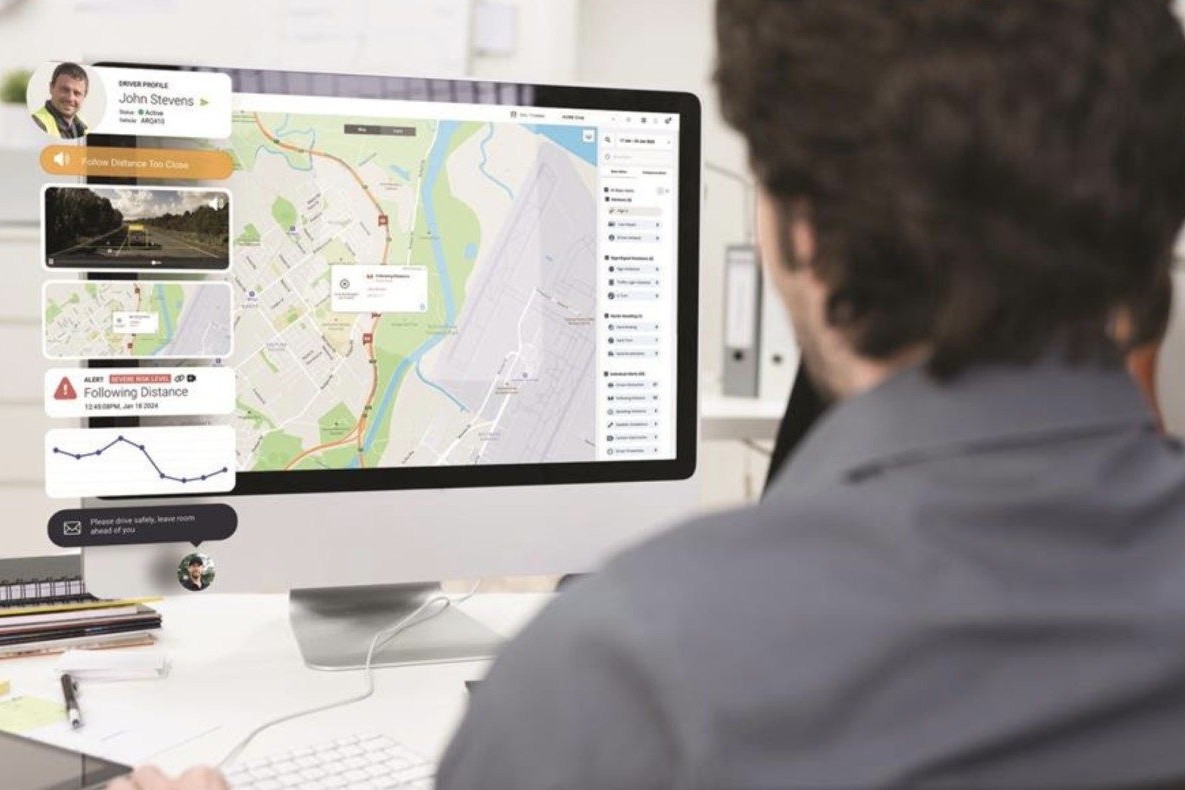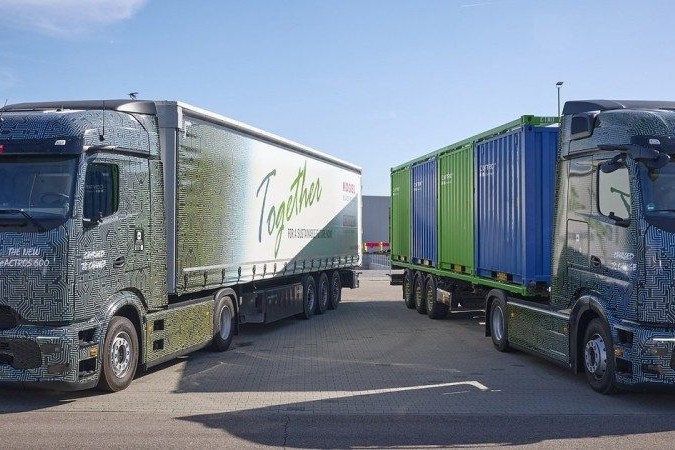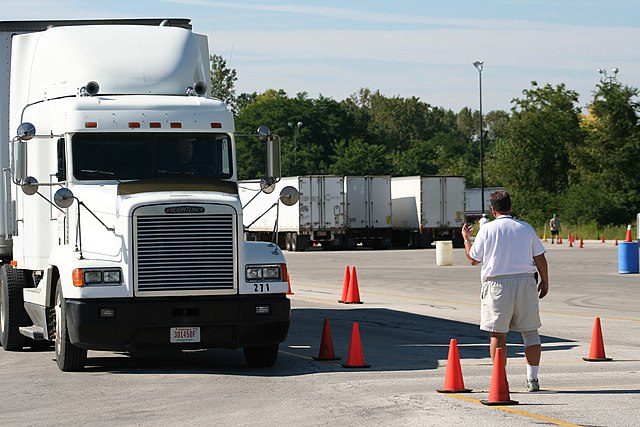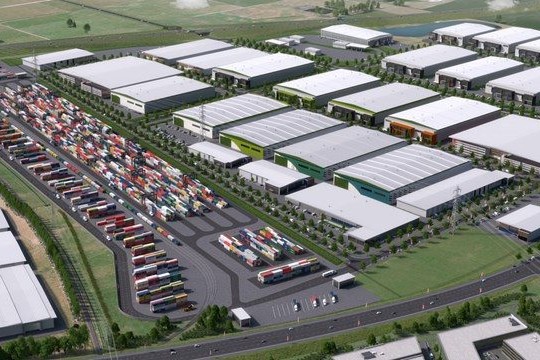Premiere for Volvo Trucks‘ first all-electric truck

Volvo Trucks is introducing its first all-electric truck for commercial use – the Volvo FL Electric – that will be used for urban distribution and refuse operations, among other applications. Sales and series production of the new model will start in Europe next year.
“We‘re immensely proud to present the first in a range of fully electrically-powered Volvo trucks ready for regular traffic. With this model we are making it possible for cities that aim for sustainable urban development to benefit from the advantages of electrified truck transports,” says Claes Nilsson, president Volvo Trucks.
Better air quality and less noise in the city will allow easier planning for housing and infrastructure. An electric truck without any exhaust emissions can be used in indoor terminals and environmental zones. Their low noise level creates opportunities for doing more work at night, thus reducing the burden on the roads during the day.
Volvo say there is considerable market interest in electric trucks. Many potential customers have questions about the opportunities generated by the new technology and how it can affect their operations.
“In order to make the transition secure and smooth, we will offer holistic solutions based on each customer‘s individual needs regarding driving cycles, load capacity, uptime, range and other parameters. Such a solution may encompass everything from route analysis and battery optimisation to servicing and financing. Volvo Trucks works closely with several suppliers of charging equipment. The aim as always is to offer customers high uptime and productivity,” says Jonas Odermalm, head of product strategy Volvo FL and Volvo FE at Volvo Trucks.

Backing the Volvo Trucks offer is the Volvo Group‘s accumulated expertise in electrified transport solutions. Sister company Volvo Buses has sold more than 4000 electrified buses since 2010. The technology used for propulsion and energy storage in the Volvo FL Electric has been thoroughly tried and tested from the outset and is supported by Volvo Trucks‘ far-reaching network for sales, service and parts supply.
“From experience we know how important it is that cities, energy suppliers and vehicle manufacturers cooperate in order for large-scale electrification to become a reality. With attractive incentives, agreed standards and a long-term strategy for urban planning and expansion of the charging infrastructure, the process can go much faster,” explains Odermalm.
Volvo Trucks believes it is essential to take a holistic view of electrification of the transport sector to handle the ongoing challenges in areas such as electricity generation and batteries.
“For instance, in order to ensure that raw materials for the batteries are extracted in a responsible way, the Volvo Group works with the Drive Sustainably network, which has a special function that monitors this issue. The Volvo Group is also involved in various projects where batteries from heavy electric vehicles get a second lease of life, reused for energy storage. All the questions about handling of batteries have not yet been solved, but we are working actively both within the Group and together with other actors to drive development and create the necessary solutions,” says Odermalm.

Volvo Trucks Australia vice president Mitch Peden says the announcement was exciting for Volvo Trucks, as it gave a glimpse into the future of transport and logistics.
“An electric vehicle solution for a range of urban applications has been a global priority of Volvo Trucks, and we look forward to offering this cutting edge technology to operators in Australia and New Zealand in the future. In certain applications, electric vehicles offer significant advantages for operators and society through dramatically reduced emissions and noise levels, but also strongly supports Volvo‘s ambition of reducing the environmental impact of transport.”
Peden says quiet, low-emission electric vehicles are well suited to many applications in the local market, opening up a new way of managing logistics in rapidly increasing high-density urban environments.
“With the use of quiet, low-emission electric vehicles, certain freight tasks will be able to be performed at night, reducing the congestion on roads during peak times, and ultimately benefiting all of society.
“As always, in line with our core value of quality, Volvo Trucks Australia will not bring anything to market without the extensive validation and testing required for the unique and challenging conditions of Australia and New Zealand,” says Peden.
Facts:
- Fully electrically-powered truck for distribution, refuse collection and other applications in urban conditions, GVW 16 tonnes.
- Driveline: 185 kW electric motor, max power/130 kW continuous output, two speed transmission, propeller shaft, rear axle. Max torque electric motor 425 Nm. Max torque rear axle 16 kNm.
- Energy storage: 2-6 lithium-ion batteries, totalling 100–300 kWh.
- Range: Up to 300 km.
- Charging: AC charging via the mains grid (22 kW) or DC fast charge via CCS/Combo2 for up to 150 kW.
- Recharging time: From empty to fully charged batteries: fast charge 1-2 hours (DC charging), night charge up to 10 hours (AC charging) with maximum battery capacity of 300 kWh.
- The first two Volvo FL Electric trucks will be operated by refuse collection and recycling company Renova and haulage firm TGM.





